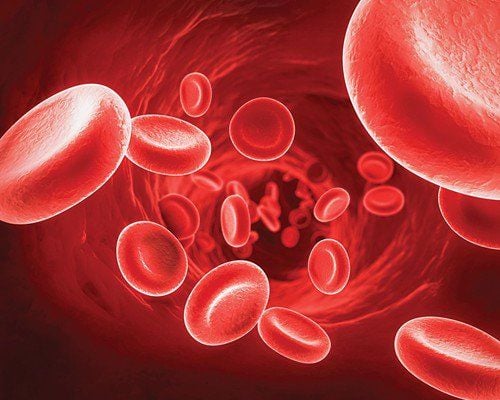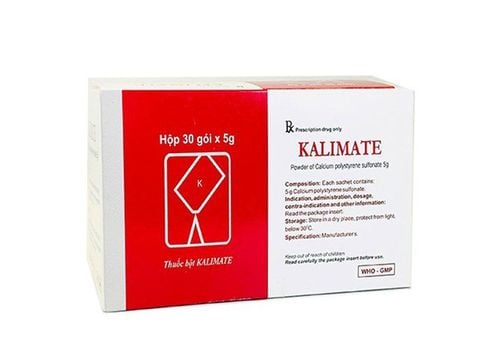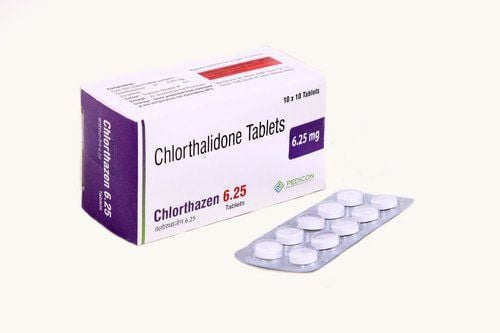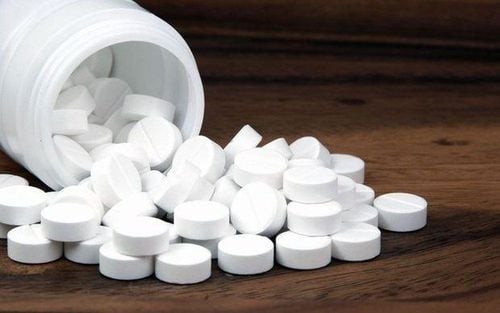This is an automatically translated article.
The article is professionally consulted by Master, Doctor Nguyen Thi Ngoc - General Internal Medicine - Endocrinology - Department of Examination & Internal Medicine - Vinmec Central Park International General Hospital. Doctor has more than 10 years of studying, researching and working in the field of endocrinology.Potassium is good for human health. Potassium plays an important role in metabolic processes, participates in the pH regulation buffer system of cells, has a protective effect on the heart, muscle and nervous system development in children. Everyone, especially pregnant women and children, should get enough potassium every day.
1. The role of potassium in the body
The normal concentration of potassium in the blood is 3.5 - 5 mmol/l. In the body, potassium helps regulate the balance of water and electrolytes, helping to maintain normal activities, especially of the cardiovascular, muscular, digestive and urinary systems. Blood potassium ensures membrane potential, nerve-muscle excitability to help muscle activity. In the myocardium, K+ reduces contractile force, reduces excitability, and decreases conduction. Antagonistic effect with Ca + and glycosides, heart. Involved in acid-base regulation. A diet rich in potassium helps lower blood pressure, lowers the risk of heart attacks, improves the body's use of insulin, reduces the frequency of arrhythmias, and improves signs of depression and anorexia. In addition, potassium also helps the body produce protein from amino acids and convert glucose into glycogen, a major source of energy for all body activities. Potassium also helps prevent bone loss caused by osteoporosis, which makes bones more fragile in the elderly. During adolescence, when muscles and bones are growing, as well as pregnant women, it is necessary to consume a diet high in potassium to meet the body's needs at those times, because potassium is essential in building two skeletal and muscular systems.2. Effects of Potassium on human health by age
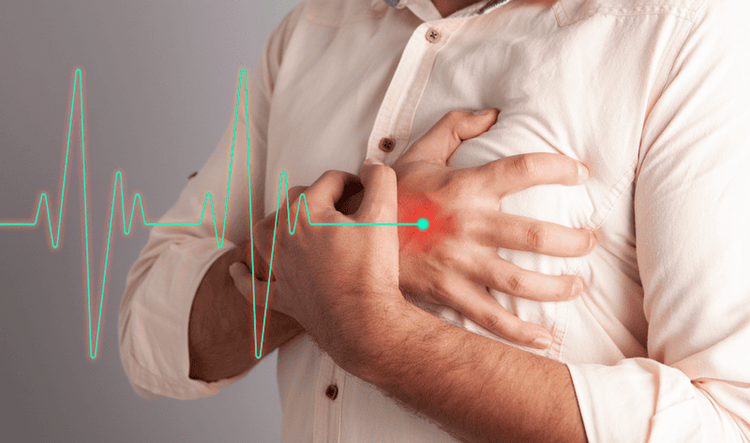
Kali giúp điều hòa nhịp tim ở người lớn
3. How will potassium deficiency or excess affect the body?
Potassium deficiency Blood potassium deficiency has many causes: it can be cases of diarrhea for many days, excessive vomiting, or excessive sweating, malabsorption disorders, malnutrition, long-term alcohol abuse, abuse of diuretics, uncontrolled diabetes... Manifestations of hypokalemia: Symptoms of mild potassium deficiency: body fatigue, muscle pain, lower extremity pain, insomnia, depression, skin allergies, blistering, dry skin, enteritis. Symptoms of severe potassium deficiency: nausea, diarrhea, arrhythmia, confusion, disorientation, poor concentration, slow reflexes, joint pain. Long-term potassium deficiency will cause cardiovascular and nervous system disorders, more serious can cause muscle paralysis, death. Excess potassium Causes of excess potassium in the blood: High levels of potassium in the blood are common in trauma, burns, cancer, after surgery, hemolysis... because a large amount of potassium in the cells is released into the blood. blood. Or due to kidney disease, due to the inability to excrete potassium. Manifestations of excess potassium in the blood: Increased potassium in the blood leads to nausea, bloating, diarrhea, heart palpitations, numbness of the fingertips and feet, severe cases can cause the heart to stop beating, death.4. Foods Rich in Potassium
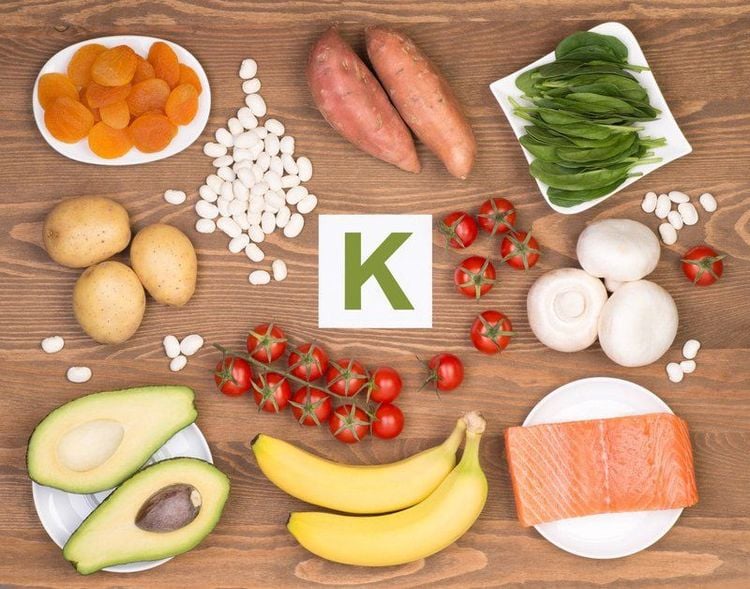
Những loại thực phẩm chứa nhiều kali
5. Prevention
To avoid hypokalemia, it is necessary to avoid letting the body lose a lot of sweat during hard work or exercise by regularly drinking water even when not thirsty, preferably oresol water. When there is acute diarrhea, it is best to seek medical attention immediately; If you are an elderly person with cardiovascular disease and have acute diarrhea, you should be hospitalized immediately. Do not abuse enema and diuretics. For people who have to regularly take blood pressure medications, diuretics, heart failure drugs or have diabetes themselves, it is necessary to get more potassium by choosing to eat foods rich in potassium, or take medicine when needed. The subjects of potassium deficiency are often: patients with diarrhea, especially children, people with kidney disease, diabetes, people who sweat a lot... Vinmec International General Hospital is one of the hospitals that not only ensure professional quality with a team of leading medical doctors, a system of modern equipment and technology, but also stand out with comprehensive and professional medical examination, consultation and treatment services; civilized, polite, safe and sterile medical examination and treatment space. Customers when choosing to perform tests here can be completely assured of the accuracy of test results. In addition, customers will be examined with a specialist to determine the risk of disease and have a scientific treatment direction.Please dial HOTLINE for more information or register for an appointment HERE. Download MyVinmec app to make appointments faster and to manage your bookings easily.




